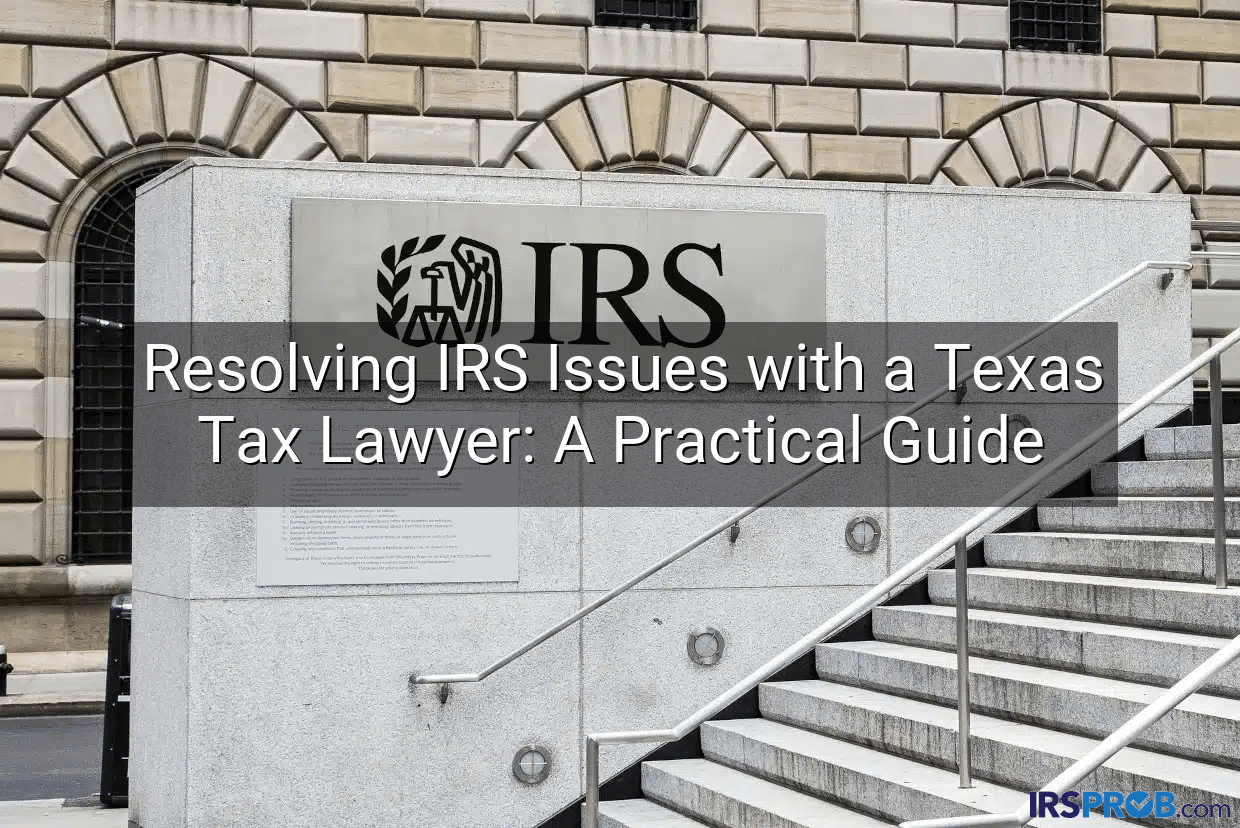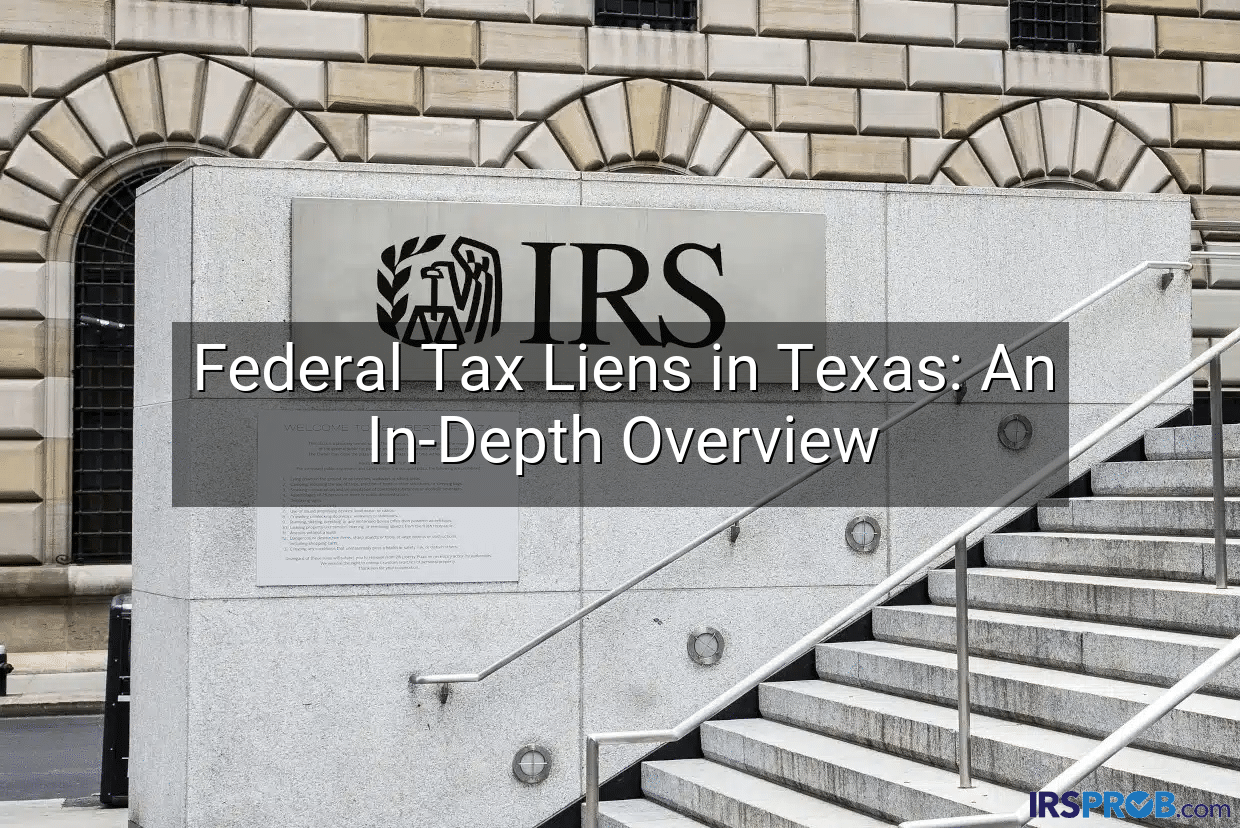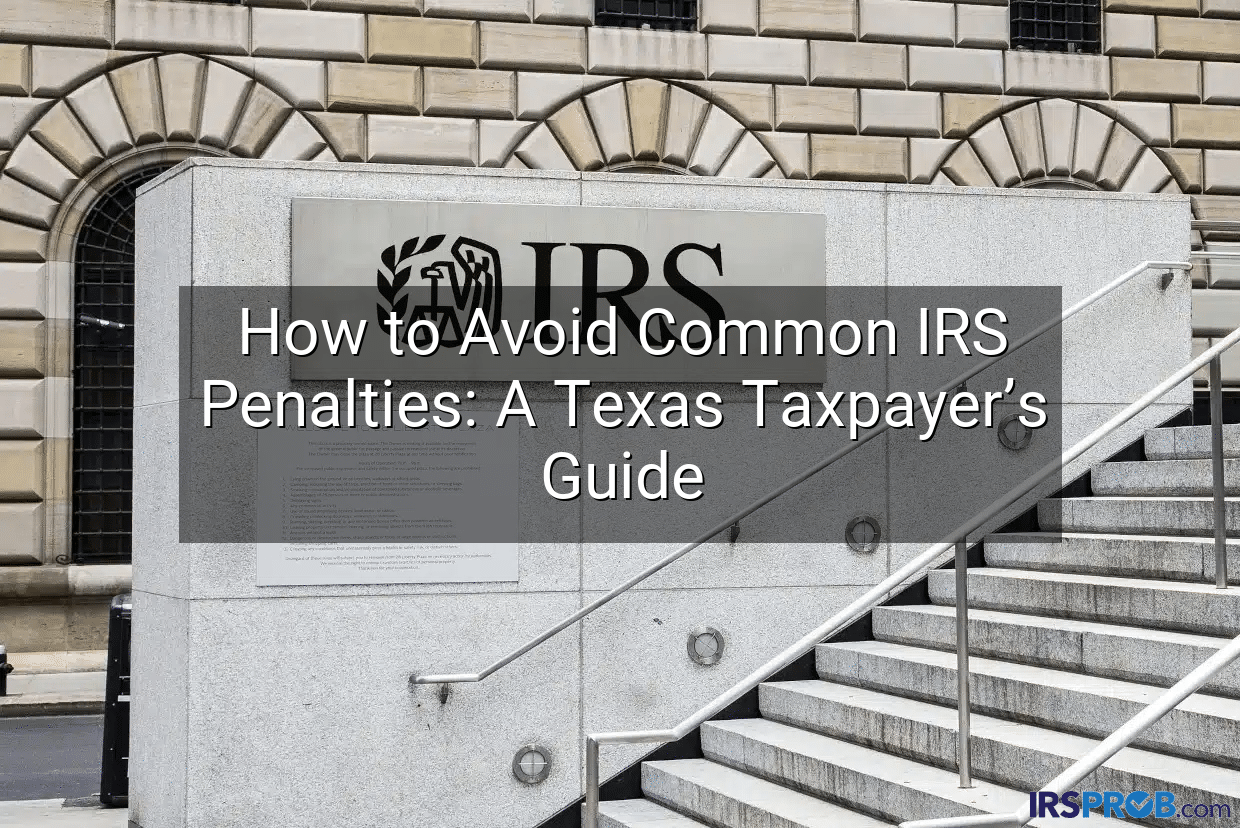In a recent memorandum to IRS collections employees, the Internal Revenue Service has announced that it is resuming some enforcement activities.
In March, IRS’s Small Business/Self-Employed (SB/SE) Division announced that it was suspending some enforcement activities through July 15 due to COVID-19.
In situations where a taxpayer was affected by a disaster, the IRS can use “soft contact” procedures to contact the taxpayer about tax issues. A soft contact entails approaching the taxpayer with caution and extreme sensitivity to their personal circumstances. Stress and fatigue are factors to consider even in instances where the taxpayer did not experience any personal, monetary, or physical damage from a disaster.
The IRS says enforcement processes may resume on a case-by-case basis, with normal approval levels. SB/SE employees must apply good judgment in determining when enforcement action is correct and should use soft contact procedures to determine the impact of the national emergency on the taxpayer. The IRS notes that the Internal Revenue Manual provides employees with the necessary authorities and discretion to appropriately handle unusual situations and hardship issues.
Automated enforcement activities (e.g., the Federal Payment Levy Program , whereby the IRS can collect a taxpayer’s overdue taxes through a continuous levy on certain federal payments disbursed by Bureau of Fiscal Services, and Automated Collection System (ACS) systemic levies) will remain in place while backlogs of incoming mail and outgoing notices are resolved.
Field work truncated. Until further notice, doing work in the field will be the exception, not the rule. Field employees may be permitted to conduct essential face-to-face public contact/field activities on a voluntary basis, only when appropriate, and with Territory Manager approval.
Face-to-face field contacts are only be authorized where:
(1) there are no other alternatives to face-to-face contact, and the failure to act poses a risk of permanent loss to the government, such as the expiration of a statute, assets being placed permanently beyond government reach, or the continuing pyramiding of employment tax liabilities; or
(2) the taxpayer or representative has requested face-to-face contact and the Revenue Officer and manager agree that field contact would advance the progress of the case.








